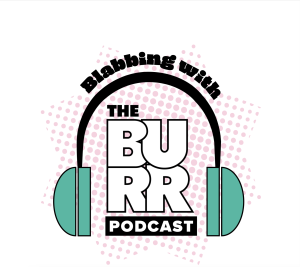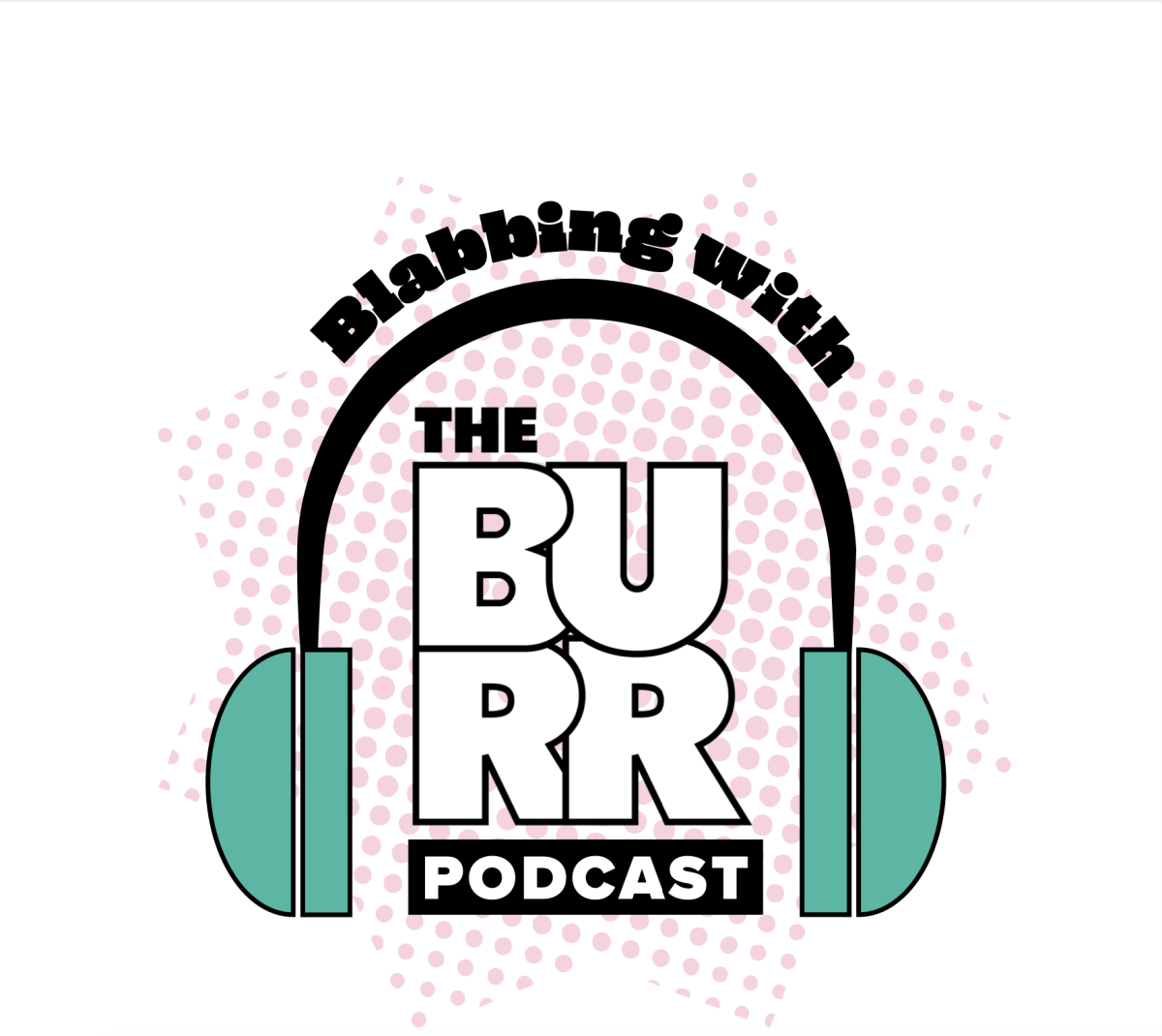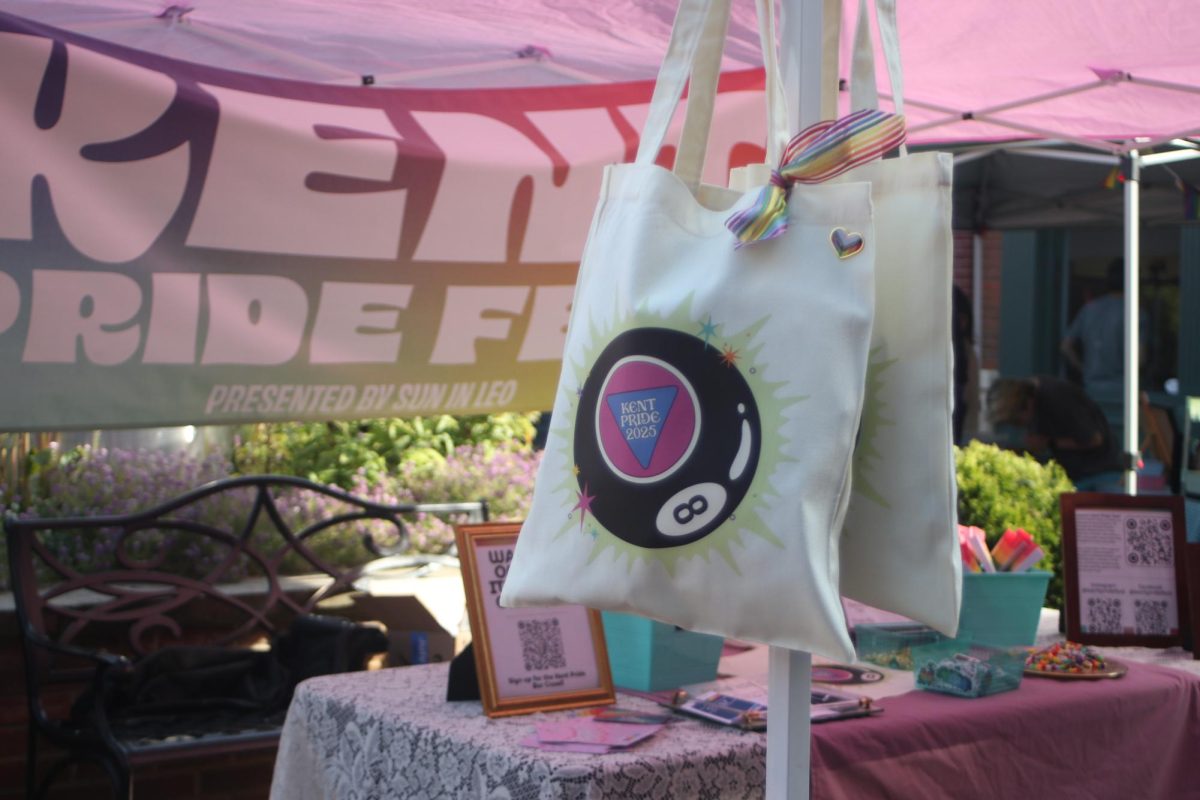“I love you—platonically.”
In the month of being consciously single, I secretly bask in being the faithful, supportive friend (or at least I try to be). On the other hand, I also not-so-secretly celebrated Galentines with my single homies. The names of my WhatsApp groups speak volumes to my identity: “Fries before Bois” and “Sisters before Misters” (courtesy of my crazy but amazing friends).
The past month has been rough—mostly for the people around me. By some cruel coincidence, fate had it that three friends of mine went through breakups (separately, that is). I hate to correct the math geniuses, but more than six people were involved. In the name of platonic love, I question: What is the purpose of friendships? How much commitment should there be? Is it weird to care too much for my friends? Can I cry on their behalf while listening to breakup songs? Can one stay friends with their ex?
1. How much should friends care about each other?
As an only child, personal space has been a perpetual tug of war for me. Don’t get me wrong, I love my helicopter parents, but with attention comes responsibilities. We’ve since resolved our conflicts through honest communication. Funnily enough, my therapist points out that my struggles are reflected in my need to care for my friends in the same way that my father would be protective of me. I coined the term “overbearing” but my therapist kindly rephrased it as “empathetic.”
My thoughts:
Friendships should be treated on a case-by-case basis. The friends whom I value the most are the ones who can get back into the groove of conversations even after years have passed. Be perceptive to reactions from friends. Some of us are drawn to hugs, whereas others prefer the occasional text. On a side note, I hate to admit it but my dad is a better Snapchatter than me.
2. Is it okay for friends to argue?
My diverse friend groups are my greatest sources of learning. While I’m all in for philosophical discussions as well as hypothetical debates, it’s crucial to remember that differences can cause conflicts. Before moving on to any conclusions, let me clarify a couple of facts: Agreeing to everything is not a solution. Ignoring a conflict is also not a solution. The end goal is ideally to arrive at a win-win solution through a peaceful process between your friend and you. If it’s not resolved, both parties should accept the differences and move on (As for toxic relationships, please seek proper assistance that provides tested methods).
My thoughts:
Everyone’s different. Being open-minded means tolerating, accepting and understanding these differences. Your friend should not expect you to conform to their expectations and vice versa. Try not to take things personally—instead, note that your ideas are being challenged, not you. It is okay to stand by your opinion as long as you don’t impose it on others. Acknowledge these challenges that arise. More importantly, work on these differences to grow your friendship.
3. How personal should friendships get?
The word “networking” is overused these days, especially in business-centered environments. It’s one thing to form connections but another to feel connected. Personally, I feel most fulfilled through deep conversations and when my closest friends confide their innermost beliefs to me.
My thoughts:
Listening is as important as sharing. Instead of hogging the conversation, next time come up with a list of questions you’d like to ask your friend. If you can’t think of any, think of the questions you’d like them to ask you. Then, when the time comes, remember to listen, acknowledge and show that you appreciate them for sharing. Cut down the TMIs, keep it real.
As a journalist at heart, I pride myself for being the facilitator at social hangouts and the calm, neutral energy between two best friends who are at heads with each other. What is your role in your friendships? As my therapist suggests, write down your greatest questions about friendships and try working them out with a friend. Although the 16personalities quiz is dubbed as astrology for NPR listeners, I shamelessly identify as a fan because the results can be scarily accurate.
















